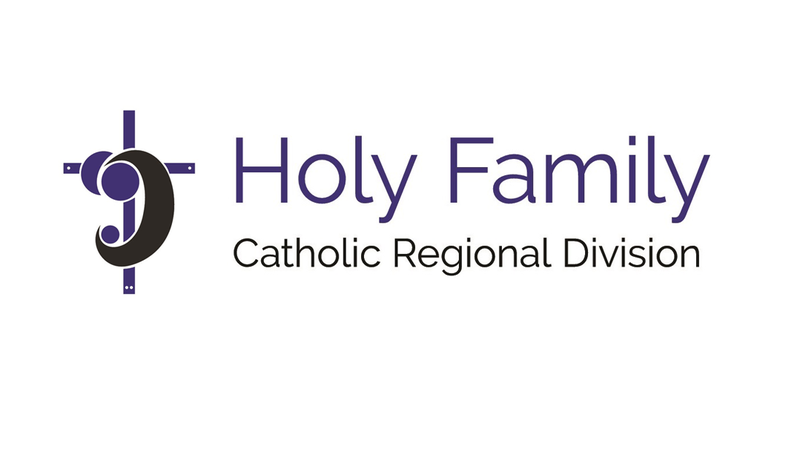The Holy Family Catholic Regional Division (HFCRD) Board of Trustees has unanimously approved critical updates to its Education Assurance Plan for the 2025-2026 academic year, introducing strategic priorities focused on enhanced student achievement and faith-based learning experiences.
The updated plan, approved during Tuesday’s regular board meeting, represents months of collaborative development between division leadership, school administrators, and community stakeholders. It outlines a comprehensive approach to education that balances academic excellence with Catholic values in a rapidly evolving educational landscape.
“This Education Assurance Plan reflects our unwavering commitment to providing students with both spiritual formation and academic rigor,” said Superintendent Dr. Elizabeth Morgan. “We’ve carefully analyzed student performance data and community feedback to create a roadmap that will guide our division toward measurable improvements in literacy, numeracy, and faith development.”
Among the key updates is a renewed emphasis on early literacy intervention, with the division allocating additional resources to support struggling readers in grades K-3. Recent provincial assessment data indicated a 7% decline in reading proficiency among HFCRD’s youngest students following pandemic disruptions, prompting this targeted response.
The plan also introduces a revamped approach to mathematics instruction across all grade levels, incorporating evidence-based teaching strategies and digital learning tools. This initiative responds directly to parent and teacher concerns about declining numeracy skills identified during community consultation sessions held throughout the spring semester.
Board Chair Michael Harrison emphasized the plan’s alignment with both provincial education directives and the division’s Catholic identity. “What makes this plan distinctly ours is how we’ve integrated Alberta Education requirements with our mission as Catholic educators,” Harrison explained. “Every goal, from improving graduation rates to strengthening indigenous education partnerships, is approached through the lens of our faith tradition.”
Community stakeholders have expressed support for the plan’s explicit focus on student mental health and wellness. The document outlines specific strategies for creating trauma-informed school environments and expanding access to counseling services—priorities that emerged consistently during parent engagement sessions.
The CO24 Education team’s analysis reveals that HFCRD’s approach mirrors a growing trend among Canadian school divisions to develop more comprehensive and transparent accountability frameworks. Unlike previous planning documents, this iteration includes specific performance metrics and timeline benchmarks against which progress will be measured and publicly reported.
Division officials confirm that implementation will begin immediately, with professional development sessions scheduled throughout the summer to prepare staff for the new initiatives. Parents can expect to receive detailed communication about school-specific implementation strategies before the academic year commences in September.
“Education planning isn’t just about establishing goals—it’s about creating practical pathways to achieve them,” noted Assistant Superintendent of Learning James Wilson. “The real work begins now as we translate these aspirations into classroom-level changes that directly benefit students.”
As provincial education funding faces potential constraints in coming years, questions remain about how divisions like HFCRD will sustain ambitious improvement initiatives with limited resources. Will the division’s emphasis on evidence-based decision-making allow it to effectively prioritize investments where they’ll have the greatest impact on student outcomes?











